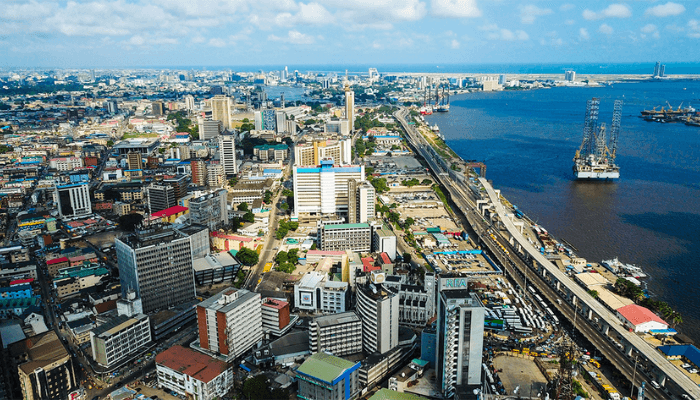Economic complexity, which measures the diversity and sophistication of a nation’s productive capabilities, is a critical determinant of long-term economic growth and resilience. Nigeria, despite its status as one of Africa’s largest economies, has a low economic complexity index, primarily due to its over-reliance on crude oil exports and limited diversification in high-value industries. To transition to a more complex and sustainable economy, Nigeria must undertake structural reforms and strategic investments.
The cornerstone of increasing economic complexity lies in diversifying the productive base. Nigeria’s economy is heavily dominated by raw material exports, particularly oil, which accounted for over 80 percent of export revenue in 2023. This dependency exposes the country to external shocks, such as fluctuations in global oil prices. Expanding into industries like manufacturing, technology, and value-added agriculture can reduce this vulnerability. For instance, countries like Vietnam and Malaysia have successfully transitioned from agrarian economies to industrial powerhouses by investing in electronics, textiles, and machinery manufacturing.
Building human capital is another essential pillar. A well-educated and skilled workforce is indispensable for advancing into high-complexity sectors. Nigeria must invest in education, particularly in science, technology, engineering, and mathematics (STEM), to equip its population with the skills necessary for modern industries. “We need to prioritise education reform to drive innovation and attract investment in technology-intensive sectors,” noted economist Dr. Olumide Adebayo. Expanding technical and vocational training programmes will also address the skill gaps hindering industrial growth.
Infrastructure development is equally vital. Reliable power supply, efficient transport networks, and digital connectivity are prerequisites for industries that rely on complex production processes. Nigeria’s inadequate infrastructure is a significant impediment to economic diversification. Strategic public-private partnerships (PPPs) and targeted investments in infrastructure can provide the foundation for industrial expansion.
Policy reforms play a critical role in fostering economic complexity. The government must create an enabling environment for businesses by simplifying regulations, ensuring macroeconomic stability, and addressing corruption. “Predictable policies and a favorable business climate are essential for attracting foreign direct investment into high-value sectors,” emphasizes trade analyst Mrs. Zainab Balogun.
Leveraging Nigeria’s comparative advantages can also drive economic complexity. For instance, the country’s rich agricultural resources can support the development of agro-processing industries, moving from raw exports to processed goods. Similarly, Nigeria’s burgeoning tech ecosystem, centered around hubs like Yaba in Lagos, can serve as a springboard for growth in software development, fintech, and other knowledge-intensive services.
Regional integration within Africa presents additional opportunities. By capitalizing on the African Continental Free Trade Area (AfCFTA), Nigeria can access larger markets, encouraging local industries to scale up and innovate. Enhanced trade relations within the continent can also facilitate knowledge transfer and joint ventures in high-complexity industries.
Lastly, fostering research and development (R&D) is crucial. Governments and private sector stakeholders must invest in innovation to develop new products and production techniques. Countries with high economic complexity, such as South Korea and Japan, owe their success to robust R&D ecosystems that continuously advance their industries.
Increasing Nigeria’s economic complexity is not an overnight process; it requires a long-term commitment to structural reforms and investments. However, the rewards are substantial: a more resilient economy, higher incomes, and improved living standards for Nigerians. By diversifying production, empowering its workforce, and fostering innovation, Nigeria can ascend the ladder of economic complexity and secure a prosperous future.





